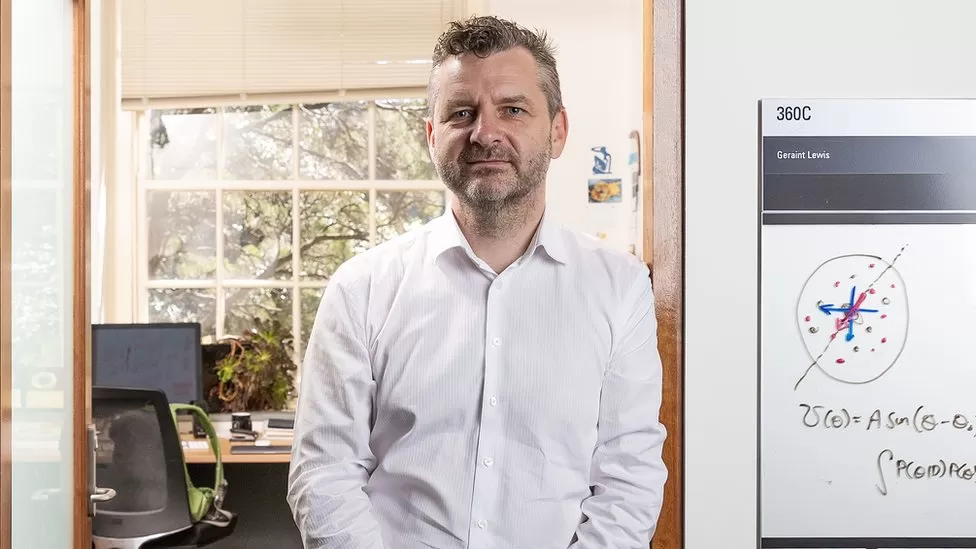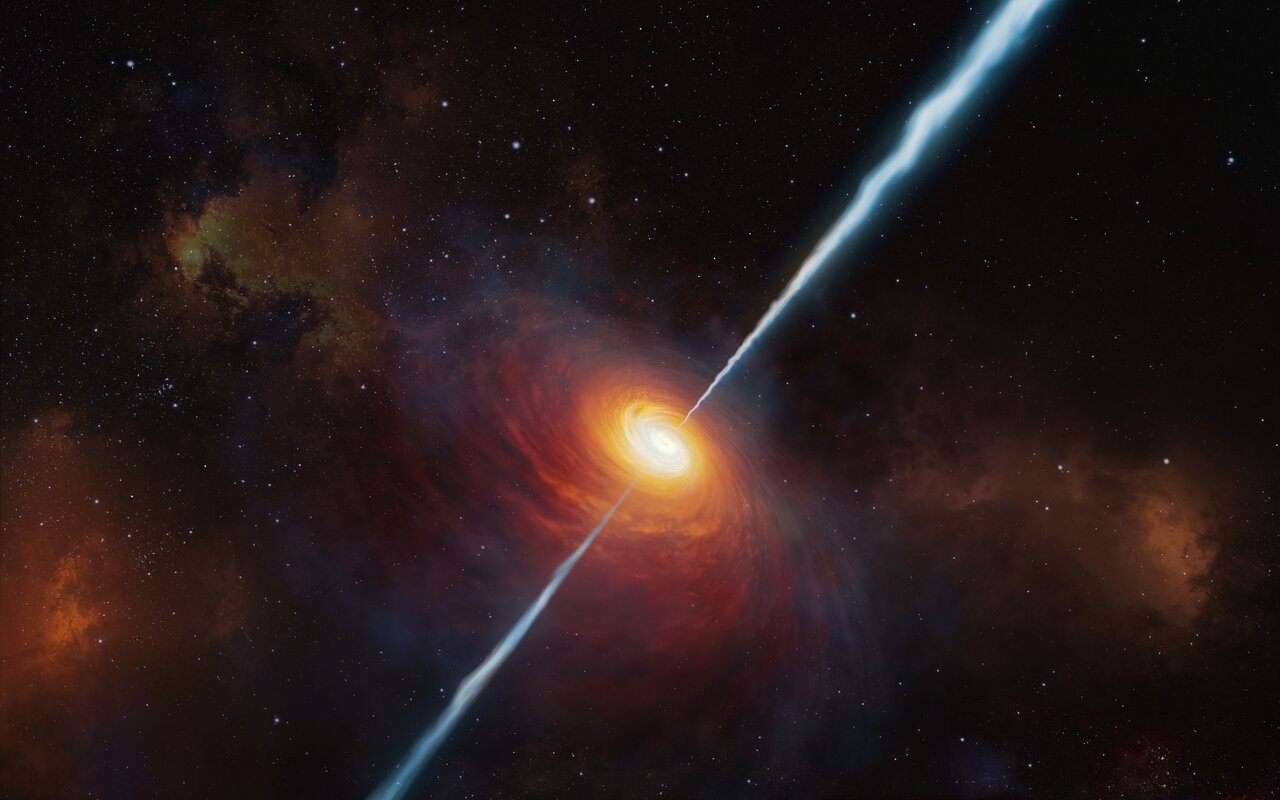Astronomers were able to detect time dilation in the early universe, an effect predicted by Einstein a century ago. Astronomers collected data from two decades of study and concluded that time was five times slower when the universe was 1 billion years old.
Time Was 5 Times Slower
Scientists analyzed information gathered from quasars, celestial bodies fueled by enormous black holes situated at the cores of ancient galaxies. These quasars were utilized as a means to gauge the passage of time during the early stages of the universe. The study, led by Prof Lewis and published in Nature Astronomy, revealed that when observing the cosmos at a point slightly beyond one billion years after the Big Bang, time appeared to progress at a rate approximately five times slower.

Study Confirmed Einstein’s Theory of Relativity
The researchers clarified the significance of their findings, stating that it provided confirmation in support of Albert Einstein’s general theory of relativity. This implies that according to the theory, we should expect to witness the distant Universe operating at a considerably slower pace compared to the current time.





